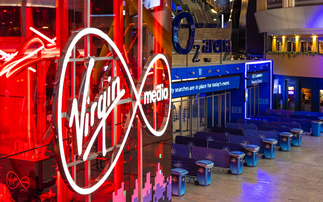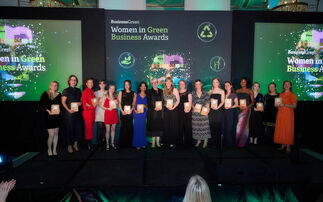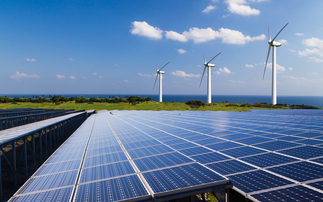Company becomes latest corporate to integrate UN SDGs into its sustainability strategy
Bunzl Catering Supplies has become the latest business to tie its environmental targets to the Sustainable Development Goals (SDGs), with the release of a new sustainability strategy that specifically targets five of the United Nation's goals.
The company yesterday announced the launch of a new digital sustainability report, Sustainable Future 2018, which updates progress against its current green targets and sets a number of new goals based on the SDGs.
Bunzl Catering Supplies, which is part of global distribution and outsourcing giant Bunzl and is one the world's largest providers of catering supplies, food packaging, and single use utensils, said it had chosen to focus on five SDGs where the company believes it can have "the most meaningful impact".
The chosen SDGs are SDG3 on good health and wellbeing, SDG12 on responsible consumption and procurement, SDG13 on climate action, SDG14 on life below water, SDG15 on life on land.
The report highlights a number of specific SDG targets that the company has now adopted as its own internal targets. They include targets to halve the number of deaths and injuries from road traffic accidents, provide on-going education opportunities for employees, achieve the sustainable management and efficient use of natural resources by 2030, integrate climate change measures into national policies, 'substantially reduce' waste generation by 2030, and prevent and "significantly reduce" marine pollution of all kinds by 2025.
Joanna Gilroy, head of sustainability for Bunzl Catering & Hospitality Division, that adopting the UN Sustainable Development Goals as a "roadmap for action" for the company had delivered a number of benefits.
"The SDGs underpin our Sustainable Future programme, which has helped raise the profile of Sustainability in our business," she said in a statement. "We know that Sustainability is not a nice-to-have, but rather a fundamental part of our core strategy, that protects and creates opportunity from the three things no business can survive without: a healthy environment, healthy people and healthy progress."
Elsewhere in the report the company detailed how it had responded to growing concerns about single use items by teaming up with 13 other organisations from across the supply chain for disposable paper cups, to sign an agreement with the Alliance for Beverage Cartons and the Environment (ACE UK) to increase PE lined paper cup recycling. "As result of this agreement, the UK now has 12 national waste providers offering a paper cup collection service," the firm said.
The report also confirmed progress against existing sustainability targets, revealing that in 2017 30 per cent of the company's consumed power came from renewable sources, while it achieved an 11 per cent increase in recycled cardboard.
It added that this year it is aiming to secure 70 per cent of its power from renewables and achieve zero waste to landfill.
Bunzl is part of a growing trend for corporates to integrate the UN's SDGs into their own sustainability strategy, as detailed in a major new investigation from BusinessGreen for the site's new SDG Hub.
Speaking to BusinessGreen, James Gomme of international green business group WBCSD, urged more firms to assess how the SDGs could support their sustainability efforts.
"A lot of companies are already doing a lot of great stuff in sustainability - this is not a new agenda," he said. "Companies have made great progress and it is important they translate that into the SDGs and show how they have contributed already. But it is also important they integrate sustainability into new strategy and production development. It is vital you highlight what you are already doing, but it is also important you have new projects coming through."







